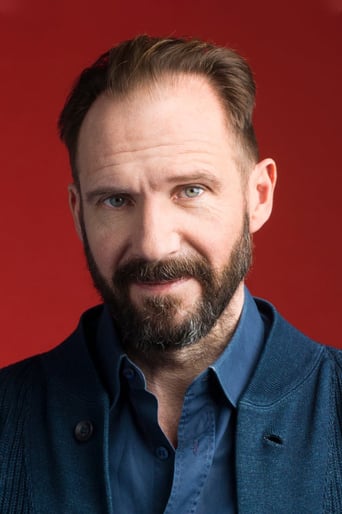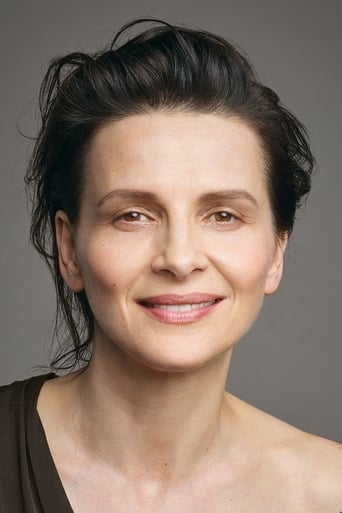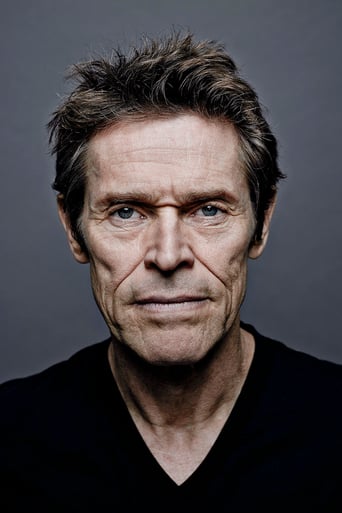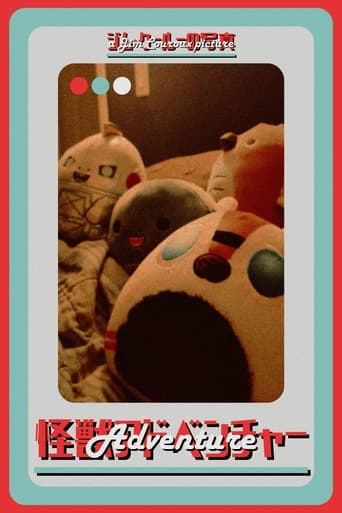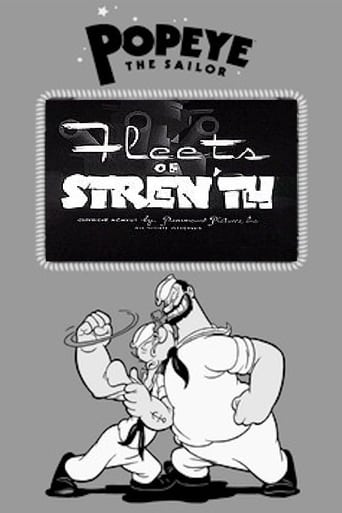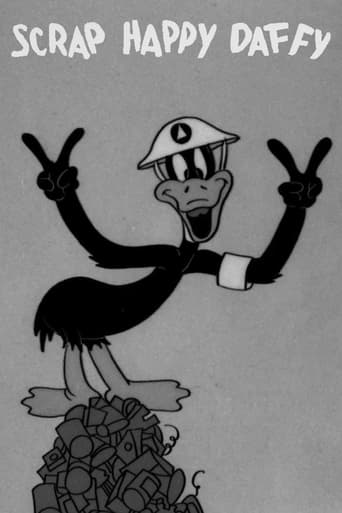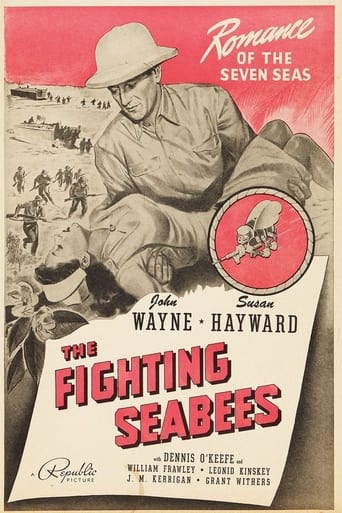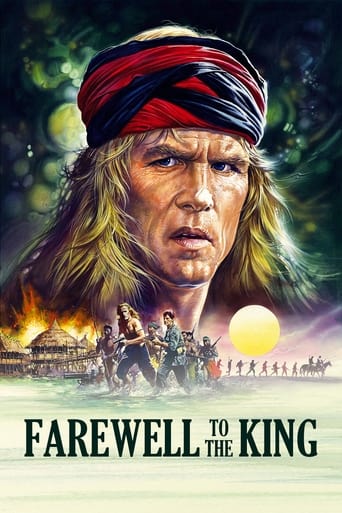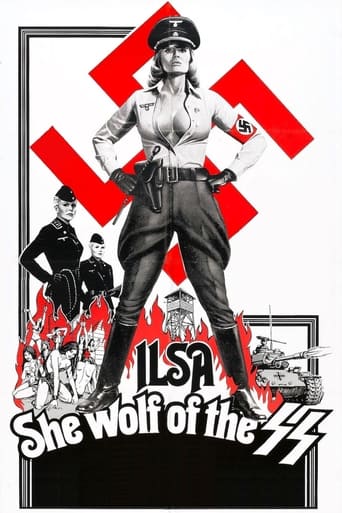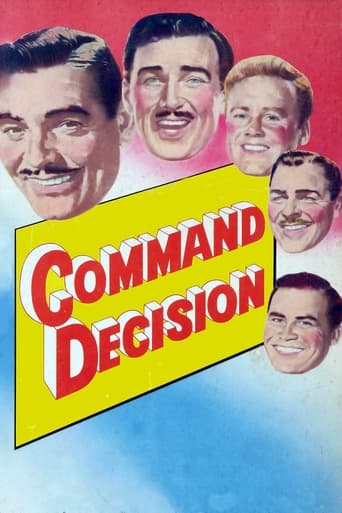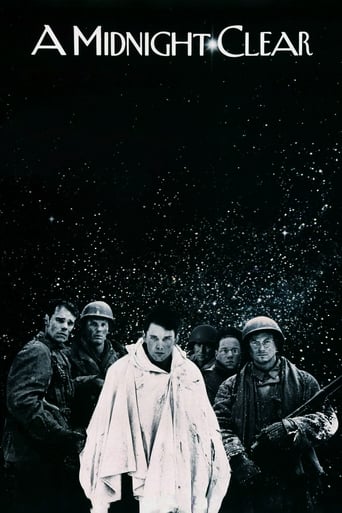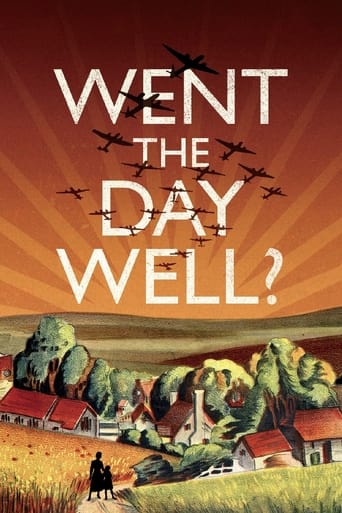
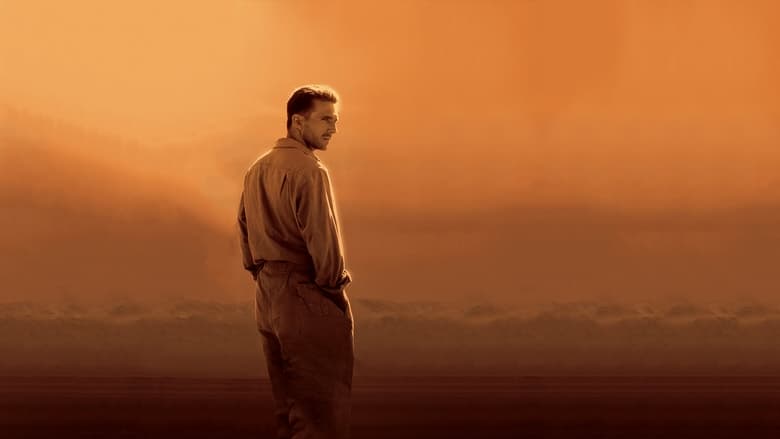
 Watch Now
Watch Now






The English Patient (1996)
 Watch Now
Watch Now






In the 1930s, Count Almásy is a Hungarian map maker employed by the Royal Geographical Society to chart the vast expanses of the Sahara Desert along with several other prominent explorers. As World War II unfolds, Almásy enters into a world of love, betrayal, and politics.
Watch Trailer
Cast


Similar titles
Reviews
Touches You
Good films always raise compelling questions, whether the format is fiction or documentary fact.
This is a gorgeous movie made by a gorgeous spirit.
The acting in this movie is really good.
The most impressive aspect of The English Patient is its devotion to the emotions, turbulence and tragedy of the time, World War II. With the world turned upside down by a war and the end of Europe's royal class, viewers are taken on a visually stunning journey of love, betrayal, constant loss and the ever-so-slow passing of the central character, Count Laszlo de Almasy, brilliantly played by Ralph Fiennes. Many reviewers term this a "reader's movie," and so it is. It's also a movie of the visual and musical arts, with scenes throughout the work stretching the bounds of fixed concepts. I often listen to the soundtrack by Gabriel Yared, with wide swaths of themes reveling in the adventures of archeologists in the Sahara and discoveries of Italian monastic art. Countering the classic themes are popular jazz and big band pieces from the 1930s and 40s, with de Almasy renowned for knowing the lyrics to every piece from the era. The characters throughout the story are classic, which weaves an enduring tableau of emotions, memories and the realization that as much as many view each era as different, there is always a sense of the retelling of stories, best stated with Casablanca's song, As Time Goes By. Lastly, there's a simple reason The English Patient earned nine Oscars, including Best Picture and Best Director for Anthony Minghella: It's one of the best movies of all time. Gabriel Yared, composer and wide range of popular pieces from the 1930s and 40s.
I watched this film 20+ years after its original release. I did have some apprehensions - e.g. I thought it was "about the war"; and I knew for a fact it was very long. Overall, it has aged well. To my relief, the plot is not so much about the war, but rather about civilian people swept up in the war. Was the movie too long? It was. Not necessarily boring or dragged out sort of long, mind you. But I do think the tale could have been told just as powerfully in 90 minutes as it was in 162: The man with no face - use him to frame the story; lose the rest. Punjabi guy searching for landmines and/or washing his hair? I am all for a good interracial romp, onscreen and off, but really -- what did he add to the story? Cut. The Willem Dafoe character? Cut. Lastly, and not to be a complete heretic: I love French cinema, and I can see how the part-Slavic La Binoche may have been a revelation to 90s US audiences, what with her Deneuve-esque power of projection coupled with a Bette Davis-style ability to "do nothing" in the face of great turmoil. Personally I found her role in this film to be one of a glorified narrator, whose presence could have been confined to under ten minutes. And not only that. In truth, some of her zany but wholesome antics, midway through, set in the ruins of the bombed-out cloister, actually brought to mind the words "Nokia. Connecting People". Sorry; they did. Ultimately, all of the above contributes little to, and greatly pales in comparison with, the main story, acted out solidly by Ralph Fiennes and rivetingly, refreshingly yet timelessly by Kristin Scott Thomas. This is where the wow factor is; we didn't need the distractions which only served to bloat this saga to nearly three hours in length.
This winner of nine Academy Awards, including Best Picture, is truly an epic. It stars Ralph Fiennes, Kristen Scott Thomas, Juliette Binoche, Willem Dafoe, and Colin Firth. The plot centers around Fiennes's character, Count Laszlo, falling in love with a married woman, Katherine, played by Thomas. All of this story is told in flashbacks. An older, dying Count Laszlo is being cared for by a war nurse, played by Binoche, who gives a fine performance. Binoche gives the strongest performance of all, earning her an academy award. The script is emotional, touching, and emphasizes the connections between the characters involved. I loved the chemistry between Thomas and Fiennes, it is a wonderful love story to watch. Also, the connection that Hana and Laszlo share is something very special. Love is at the center of this entire film, and it will touch you in a deep way, or at least that's the experience I had with it. I suggest this very well made film to those who like epics. It is not the best film ever, but it is certainly a very good one. 8/10 for The English Patient.
Winner of 9 Oscars and in my honest opinion one of the most overrated films in cinematic history. This should not take away from the fact that the film does beautiful locations with some stellar acting by its all star cast all under the keen directorial eye of Anthony Minghella.Told mostly through flashbacks, the film based on the bestselling novel tells the tragic tale of a mysterious Hungarian Count and his love affair with a married Englishwoman in World War II Africa. The "patient" of the title is the Count telling his tale to the French Canadian nurse who is caring for him after a terrible accident that horrifically burned him, and also a Canadian Army Officer who is investigating the Count as part of an Intelligence operation. The film boasts an all star cast giving some career-best performances. Playng the title "English Patient" (in his 2nd Oscar nominated role) is the wonderfully talented Ralph Fiennes as Count Almasy, a man supposedly of Hungarian nobility but whose past is so mysterious that we never learn who Almasy really is or where he came from. Fiennes is charming, brooding at times and eloquent in the role and makes the mystery surrounding his character even more compelling despite the unanswered questions about his past. Fiennes does display a formidable chemistry with costar Kristin Scott- Thomas who plays the married woman who is the object of his affections along with some minutely interesting (yet sadly wasted for all the flashbacks) scenes with fellow actors Juliette Binoche who plays his nurse and Willem Dafoe as the officer who is looking into Almasy's background. Juliette Binoche won the film's only acting Oscar for her work as French- Canadian nurse Hanna who cares for the injured Count. The actress is subtle, soft-spoken and articulate mixed with naivety towards the dangers of the world she is living after a brutal international conflict. Hanna is still intelligent as she cares for those around her such as her patient, Officer David Caravaggio (Willem Dafoe) who is looking into her patient's past but trusts him to protect them from harm, and particularly in her relationship with Kip, a British-Indian officer stationed near the villa where Hanna and her patient are sequestered. We don't learn about Hanna's background prior to the war and its aftermath, but what we see from Binoche's portrayal Hanna is the center of the present-day narrative as she connects with those around her.Rounding out the other two key roles are Willem Dafoe as David Caravvagio, the officer seeking out Almasy, and Kristin Scott-Thomas as Katharine Cifton, the woman whom Almasy loved. As Caravvagio, Dafoe is a smaller character than than those of Ralph Fiennes, Juliette Binoche and Kristin Scott-Thomas (despite receiving third billing), but the character has a connection that does matter to the narrative. Fiennes's Almasy was reputed to be a spy for the Axis Powers (which we and David never learn the actual truth) and his actions lead to a horrific consequence for Caravvagio; Caravaggio is tortured and loses some digits in one of the most harrowing scenes of the film (just hearing actor Willem Dafoe's screams and barely seeing the torture unfold made me have to cover my eyes and almost scream out myself). The tension is palpable between Caravvagio and Almasy in the present as Dafoe portrays a quiet desire for revenge for the wrong inflicted on him, but also a developing sympathy for the injured shell of a man before him in addition to the protective and caring nature that David displays towards young Hanna (it is clear that he probably harbored romantic feelings for Hanna) as she hides in the villa with her patient. Actress Kristin Scott-Thomas embodies the typical proper Englishwoman as Katharine Clifton; obedient, soft-spoken, well dressed and kemped but an intelligent woman. Katharine begins the film as a loyal wife to her husband (Colin Firth) who it seems would never be an adulteress, but when she begins to spend more time with Count Almasy, Katharine starts to question where her heart truly lies. She attempts to live both ways, but must make a choice when she fears that her husband will discover her affair with Almasy. The ultimate decision she makes ends up with a steep price for both her and her lover by the film's end.The locations are stunning throughout the film as the narrative juxtaposes from war-torn Africa to the ravaged countryside of Italy in the present. The sets are confined for the Italian locales as we are isolated with the small ragtag group of Hanna, Count Almasy, David Caravaggio and Kip with his fellow officers who patrol the perimeter to protect the other three. Contrasting the isolation is the vast scope of the African deserts and crowded villages where we see many peoples from soldiers, townsfolk, some of the central and minor characters but also so much empty space once we are traveling the desert near the end of the flashback narrative. The vastness again evokes an isolating feeling.The film's run-time is egregiously long and plodding which is the most irritating factor of the film other than the schmaltzy romance. Sitting through nearly three hours of a love story is excruciating even with the great cinematography and good acting. This boredom might evoke memories of a classic sitcom episode where a TV character openly expressed her dismay at sitting through multiple viewings of this film. I can relate because I get so bored that I have to keep myself busy to keep from falling asleep.A stunning masterpiece of filmmaking despite its minor flaws.


